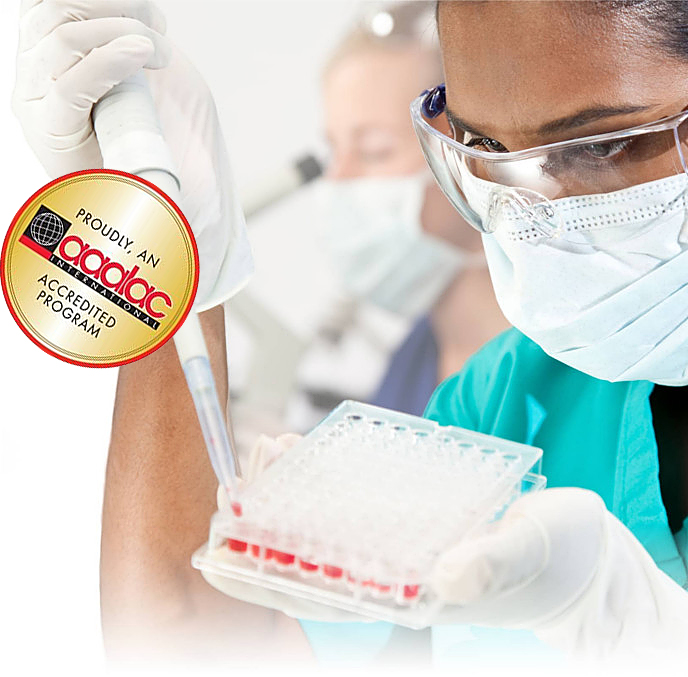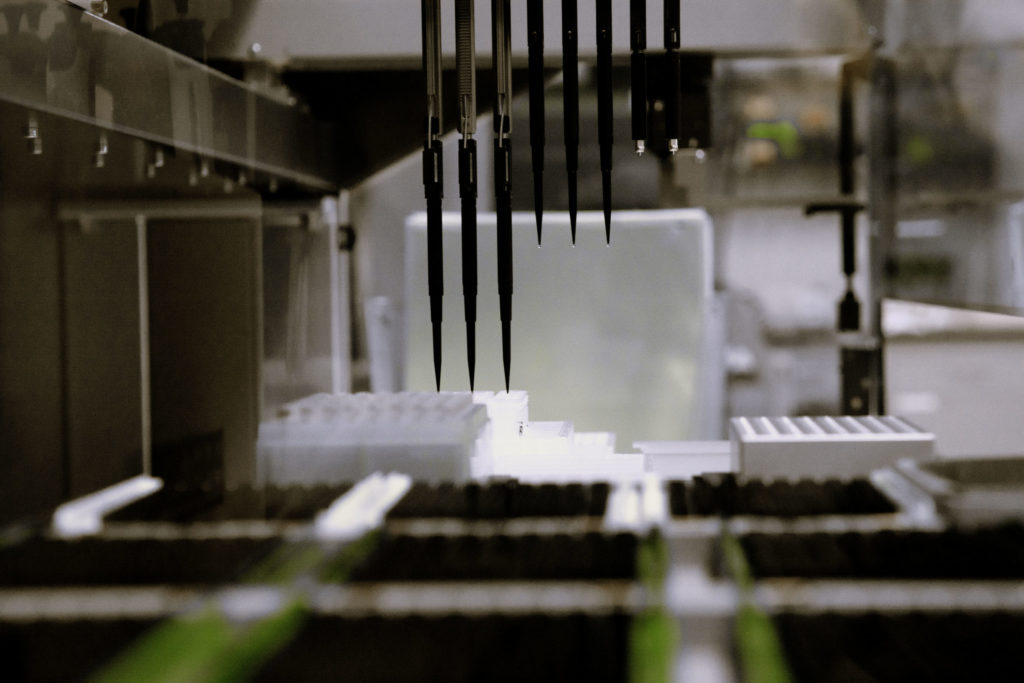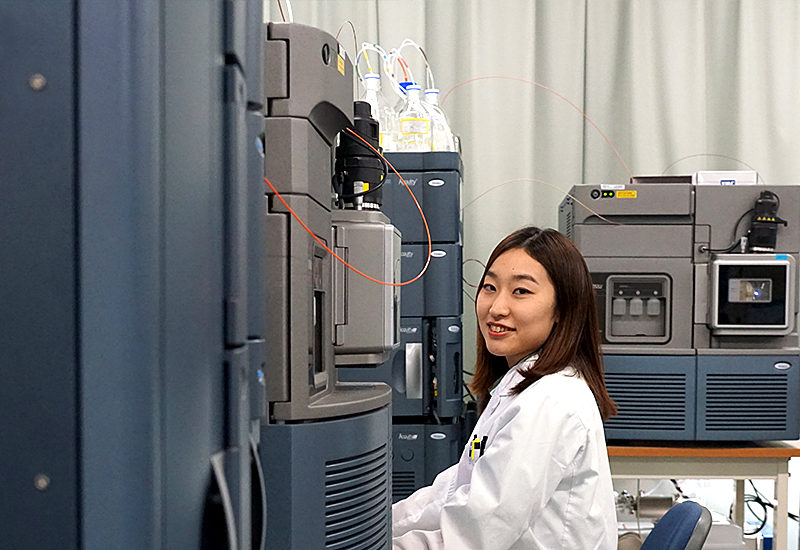
In Vivo Pharmacokinetic (PK) Studies
In vivo pharmacokinetic (PK) studies provide exposure (AUC) data by measuring drug concentration in plasma of treated laboratory animals at successive time points; ‘hot’ (radiolabeled compound) studies can yield more complete information than cold studies by including metabolite data in addition to parent drug concentration.
By performing in vivo PK studies, developers are looking to characterize the pharmacokinetic profile of a compound and to inform efficacy of a drug by validating that it will reach necessary concentration levels in plasma and tissue. Drug concentration in plasma is analyzed to characterize the pharmacokinetic properties of the drug, such as absorption and clearance.
Our Approach to In Vivo ADME / PK Studies
A PK study is one of the basic in vivo ADME package elements performed by our partner network. Our partners have accumulated over 50 years’ experience performing radiolabeled compound experiments, radioisotope (RI) synthesis, and purity checks for pharmaceutical companies as leaders in vivo ADME. The facilities are accredited by AAALAC International to meet compliance with ethical requirements upheld by FDA, EMA, and PMDA for all animal studies and all related radiolabeled compound synthesis and in vivo ADME studies.
In an in vivo PK study, multiple Sprague-Dawley rats are dosed with radiolabeled compound to provide more complete information about a drug’s pharmacokinetics than a ‘cold’ study yielding only parent compound exposure data. This can be achieved by comparing the concentration of radiolabeled compound in the plasma (representative of both parent and metabolites) to the concentration of parent compound. Radiolabeled parent compound is measured using LC-MS, while total reactivity is measured by LSC. If there is a large difference in concentration between the total radioactivity and the parent compound, it indicates that the compound is extensively metabolized. Conversely, if there is almost no difference in concentration between total radioactivity and parent compound, it can be judged that the compound is metabolically stable.
The PK measurement process includes the establishment of an appropriate analytical system, administration to clinically relevant species, sampling of blood/plasma, and quantification. Data from PK studies can be compared to data from protein binding and DDI studies to give the drug developer information necessary to evaluate a drug compound’s overall fate/disposition.

In Vivo PK Study Features & Options
- High-precision determination of radioactivity in plasma and blood cells
- Flexible study design
- Standard study includes 3 animals and 14 time points
- Short turnaround times for subsequent analytical method development
- Calculation of PK parameters
- Cmax
- tmax
- t1/2
- AUC0-t
- AUCint
- CL
- VD
- BA
- All experimental procedures are executed to the highest standards of animal welfare, are compliant with AAALAC International, and approved by our Institutional Animal Care and Use Committee (IACUC)
- Instrumentation and study design can accommodate many radionuclide options and routes of administration (see table below)
- Radiolabeled or non-labeled compound can be analyzed
- Microsampling and microdosing options available
- Immunological methods (RIA and ELISA, etc.) available for the measurements of drug concentration, biomarkers and/or neutralizing antibodies
- High-resolution LSC and LC-MS quantification, HPLC and UPLC analysis available
- Xevo TQ-XS
- QTRAP 6500+/5500
- API 5000/4000
| Tissue Capabilities | Radionuclides | Animal Species | Matrices | Routes of Administration |
|---|---|---|---|---|
| Adrenal Gland Brain Lung Liver Intestine Kidney Muscle Pancreas Retina Skin Spleen Thyroid Gland Tumor | 14C 3H 125I 33P 35S 51Cr 111In 55Fe 59Fe 65Zn 75Se 90Y 153Gd | Rat Mouse Rabbit Dog Monkey Minipig | Animal Plasma Serum Whole Blood Urine Brain Skin Synovial Membrane Cerebrospinal Fluid Human Plasma Serum Urine Horny Layer of Skin | Oral Intravenous Transdermal Subcutaneous Intramuscular Intratracheal Instillation Intrarectal Intraduodenal |
*Other tissue types, species, or routes of administrations may be available upon request
Regulatory Compliance in PK Studies
Studies conducted at our partner facilities in Japan also meet or exceed standards required by regulatory authorities, including FDA and EMA, just as with our Kansas City campus. While in the United States, there is no method by which an institution can claim certified compliance with Good Laboratory Practice (GLP) standards, the PMDA can grant certification following an inspection that approves a Japanese facility as GLP-compliant in specific practices. Their Drug Development Solutions Center has this certification for all bioanalytical services, a critical component of many animal studies. The Center is also certified by AAALAC International for ethical use of animals in research so you can be sure services exceed quality standards required by the FDA upon IND or NDA submission.
By contracting a Drug Development Solutions Center study through XenoTech, we make it easy for North American and European clients to benefit from the years of experience our partners have built. Read more in our blog about how we make it easy to work with the Drug Development Solutions Center for your in vivo nonclinical services.

